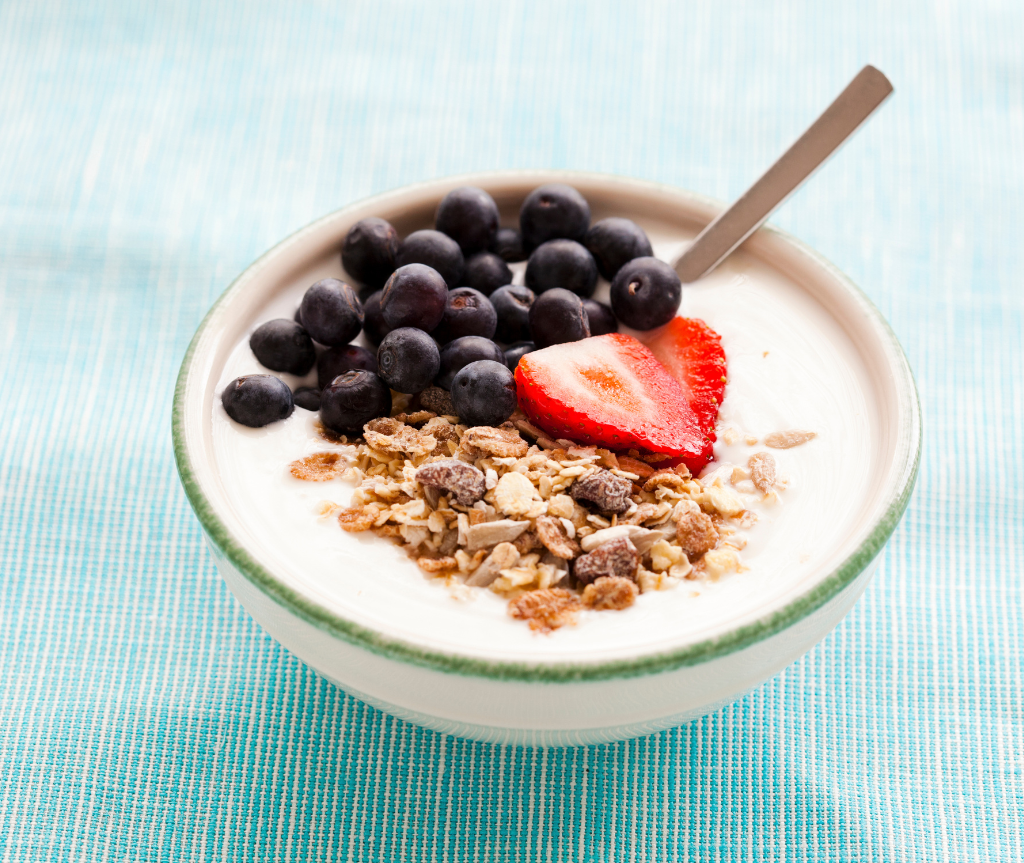Gut health and fermented foods have become buzzwords in recent years, but what does it mean, and why is it so crucial for our overall well-being?
Our gut, also known as the digestive system, plays a pivotal role in our body’s ability to absorb nutrients, eliminate waste, and maintain a healthy balance of bacteria. This balance of bacteria is known as the gut microbiome, and it is essential for our overall health.
Fermented foods are a great way to boost gut health. Fermentation is a process that uses bacteria to break down food. This process creates beneficial probiotics, which are live bacteria that are good for our gut health.
Probiotics help to keep our gut microbiome in balance. They also help to improve digestion, boost the immune system, and reduce inflammation.
Fermented Foods
Fermented foods have been a staple in many cultures for centuries, and for a good reason. They play a crucial role in maintaining a healthy gut microbiome.
Fermentation is a natural process that preserves food and enhances its flavour and nutritional value. In addition, fermented foods contain live bacteria, also known as probiotics, which are beneficial bacteria that help to maintain a healthy gut microbiome. This balance is crucial for our health.
By incorporating fermented foods into our diet, we can increase the diversity of our gut microbiome, leading to better digestion, reduced inflammation, and improved mental health.
This blog will explore the benefits of fermented foods for gut health and how you can incorporate them into your diet.
How Fermented Foods Benefit Gut Health
Fermented foods are a vital component of a healthy diet, providing a rich source of probiotics that help to maintain a healthy gut microbiome. A healthy gut microbiome is essential for a robust immune system and optimal digestion. In addition, it helps the body absorb essential vitamins and minerals, leading to regular bowel movements. Fermented foods are also crucial in reducing inflammation, often the underlying cause of various health conditions such as digestive disorders, heart disease, and even certain mental health conditions.
Fermented foods contain live bacteria that help to balance the good and bad bacteria in the gut, promoting a healthy and diverse gut microbiome. This balance is essential for optimal gut health and overall well-being. By incorporating fermented foods into your diet, you can support the health of your gut and reap the numerous benefits that come with it.
In addition to the probiotics, fermented foods are a rich source of vitamins, minerals, and antioxidants. As a result, fermented foods make them a nutrient-dense option that can help to support overall health and wellness. Fermented foods are versatile and can be easily incorporated into various meals and snacks, making adding them easy.
Fermented foods are essential to a healthy diet, providing numerous benefits for gut health and overall well-being.
Common Types of Fermented Foods
Fermented foods come in various forms, with distinct flavours and health advantages. Some of the most frequently consumed fermented foods include:
Incorporating Fermented Foods into Your Diet
Incorporating fermented foods into your diet is easy and delicious. You can start by adding fermented foods to your meals, such as a small bowl of yoghurt or a serving of sauerkraut. You can also try incorporating fermented drinks like kombucha into your daily routine. When selecting fermented foods, be sure to look for products that are made with natural ingredients and contain live cultures.
Tips for adding fermented foods to your diet
Here are some tips to help you incorporate more fermented foods into your diet:
- Start small: Gradually add a small number of fermented foods to your diet, such as a spoonful of yoghurt or a few slices of pickles.
- Experiment with diverse types: Try different fermented foods to find which ones you like the most, such as kimchi, kefir, or sauerkraut.
- Make it a habit: Make fermented foods a regular part of your diet by incorporating them into meals or snacks.
- Try homemade: Make your fermented foods, such as pickling vegetables or yoghurt.
- Pair with other foods: Incorporate fermented foods into your favourite dishes or pair them with other healthy foods for a nutritious meal.
The Bottom Line
The importance of fermented foods for gut health cannot be overstated. These foods, which contain live bacteria known as probiotics, can help to balance the good and bad bacteria in the gut, leading to better digestion and a more robust immune system.
By incorporating fermented foods into your diet, you can increase the diversity of your gut microbiome, which can have numerous health benefits.
This includes improved gut-related issues, such as bloating and irregularity, and reducing inflammation linked to several chronic health conditions. Fermented foods can also improve mental health and lead to overall improved well-being.
To add fermented foods to your diet, consider starting small, experimenting with diverse types, making it a regular part of your meals, or making your own. Incorporating fermented foods into your diet is a simple step towards better gut and overall health.



